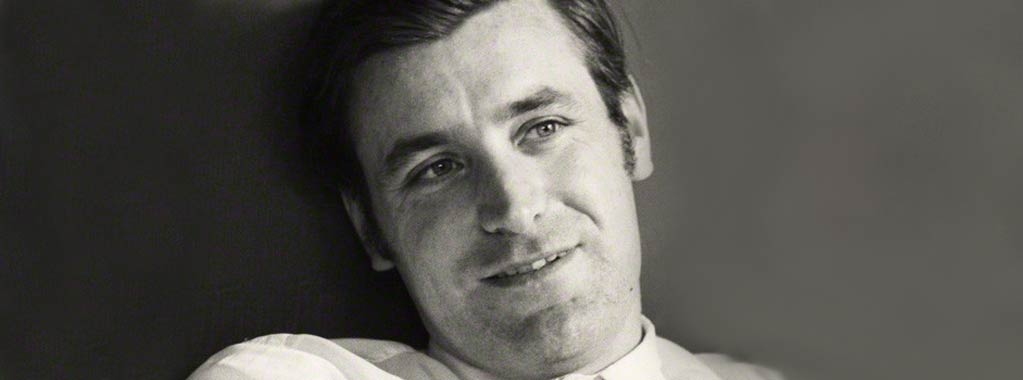
About Ted Hughes
About Ted Hughes
Edward James ‘Ted’ Hughes was born in Mytholmroyd in 1930, the son of William Hughes, a joiner, and Edith Hughes, a textile machinist. In 1938 the Hughes family moved to Mexborough, where Hughes became a poet. In 1951, Hughes went to Cambridge University to study English Literature. At Cambridge he met his first wife, the American poet, Sylvia Plath. The couple were married in 1956. Hughes’s first collection, The Hawk in the Rain, was published the following year. Hughes and Plath subsequently lived in America, London and Devon, and had two children, Frieda and Nicholas. The marriage ended with Plath’s suicide in February 1963—the couple had separated five months previously, after Hughes began an affair with Assia Wevill. For most of the rest of the 1960s, Hughes was in a relationship with Wevill. The relationship ended with the deaths of Assia and their daughter Shura in March 1969. After this second tragedy, Hughes moved back to Devon with Frieda and Nicholas. In Devon he met and married his second wife, Carol Orchard, in 1970.
Despite the turbulence that often characterised his personal life, Hughes wrote a dazzling succession of collections, including Lupercal (1960), Crow (1970), Gaudete (1977), Remains of Elmet (1979), River (1983), Capriccio (1990) and Birthday Letters (1998). Writing in a vivid, powerful and often innovative style that was often at odds with prevailing poetic fashions, Hughes drew on precise observation of the natural world, often transformed by his visionary imagination, alongside mythology, anthropology and philosophy, to inform his work, which was also deeply rooted in English and global history and literature. The originality and sheer evocative power of his work led to many critics acclaiming him as a major poet early in his career. He won innumerable awards and prizes for his work and was appointed Poet Laureate in 1984. He held the post until his death, aged 68, in 1998.
Hughes was also a prolific writer in genres other than poetry. He wrote plays, short stories, literary criticism, translations and works for children, including the The Iron Man (1968). Early in his career he was a prolific broadcaster on the BBC’s Third Programme (later to become Radio 3). Hughes was also one of the great literary letter writers and the aforementioned Selected Letters (2007) represents only the tip of the iceberg of his enormous epistolary output. Hundreds of unpublished letters, and literally tonnes of other unpublished work, are located in his two huge archives, located at the British Library in London and in the Stuart A. Rose Library at Emory University, Atlanta, as well as in smaller, but important university archives, such as the ones at Huddersfield, Exeter and Pembroke College, Cambridge.
Hughes also left lasting legacies in two of his other areas of interest: ecology and creative writing. He campaigned on green issues throughout his life and co-founded the first campaigning environmental magazine, Your Environment, in 1970. Hughes’s commitment to green issues became inseparable from his great love of fishing, and much of his environmental activism was focused on restoring and protecting river and wetland habitats. Hughes was also a great advocate for creative writing. He played key roles in founding and supporting the Arvon Foundation and was instrumental in the development of the National Poetry Contest. His creative writing handbook, Poetry in the Making (1967), is still an important text for creative writers today—both children and adults.
Hughes’s encyclopaedic range, visionary expression and the sheer volume of his output has gained him fame and established his reputation in both popular and academic circles. Every year, even decades after his death, seems to bring an avalanche of academic papers, newspaper and magazine articles and TV and radio programmes about his work. At least four community, charitable and scholarly organisations have been founded to promote his writing and legacy, and several literary festivals have been named for him. Ted Hughes is by some distance the most important and well-known English poet to emerge since the nineteenth century.